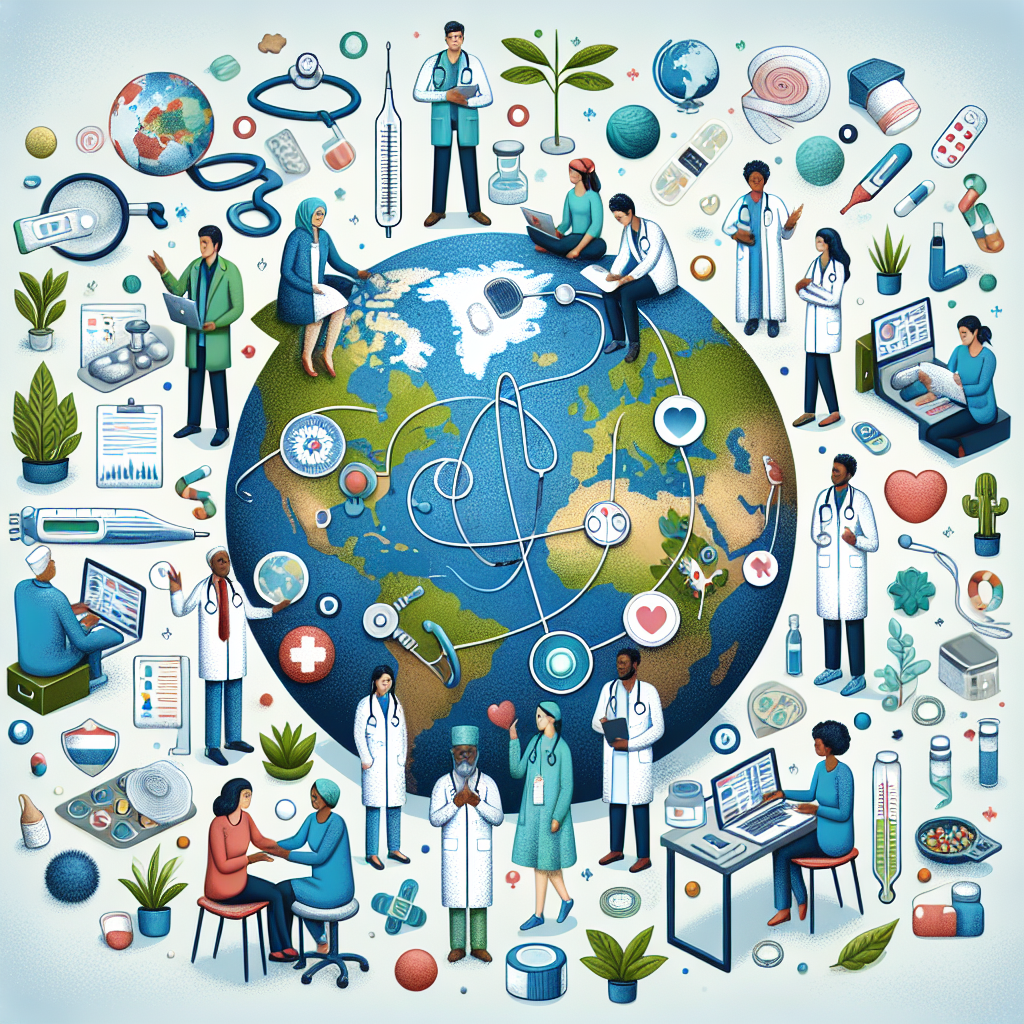Global Health Groups Mobilize to Combat Funding Freeze
International health organizations and governments are collaborating to address urgent needs in combating diseases like malaria and HIV, following a significant cut in U.S. foreign aid. Resources are being shared among countries, although challenges in funding and resource allocation persist across the globe.

In response to the significant reduction in U.S. foreign aid, governments and health organizations worldwide are taking action to address critical shortages in the fight against diseases such as malaria and HIV. The Trump administration's recent announcement of an over 80% cut in aid has left many health programs under threat, with the future of numerous initiatives hanging in the balance.
Efforts are underway to mitigate the impact, as highlighted by Michael Adekunle Charles, head of the RBM Partnership to End Malaria. He explained the strategy of resource sharing between countries, reminiscent of collaborations seen during the COVID-19 pandemic. Organizations, including the World Health Organization, are exploring similar models to prevent shortages in HIV testing and treatment, though current resources remain constrained.
Experts emphasize the importance of prioritizing lifesaving interventions in the wake of these financial hurdles. Florence Riako Anam, co-executive director of the Global Network of People Living with HIV, acknowledged that many supported nations are devising roadmaps to manage HIV efforts internally. However, immediate challenges persist, and there is a consensus among global health leaders on the necessity for cooperation and innovative financing solutions to meet both immediate and long-term health goals.
(With inputs from agencies.)









